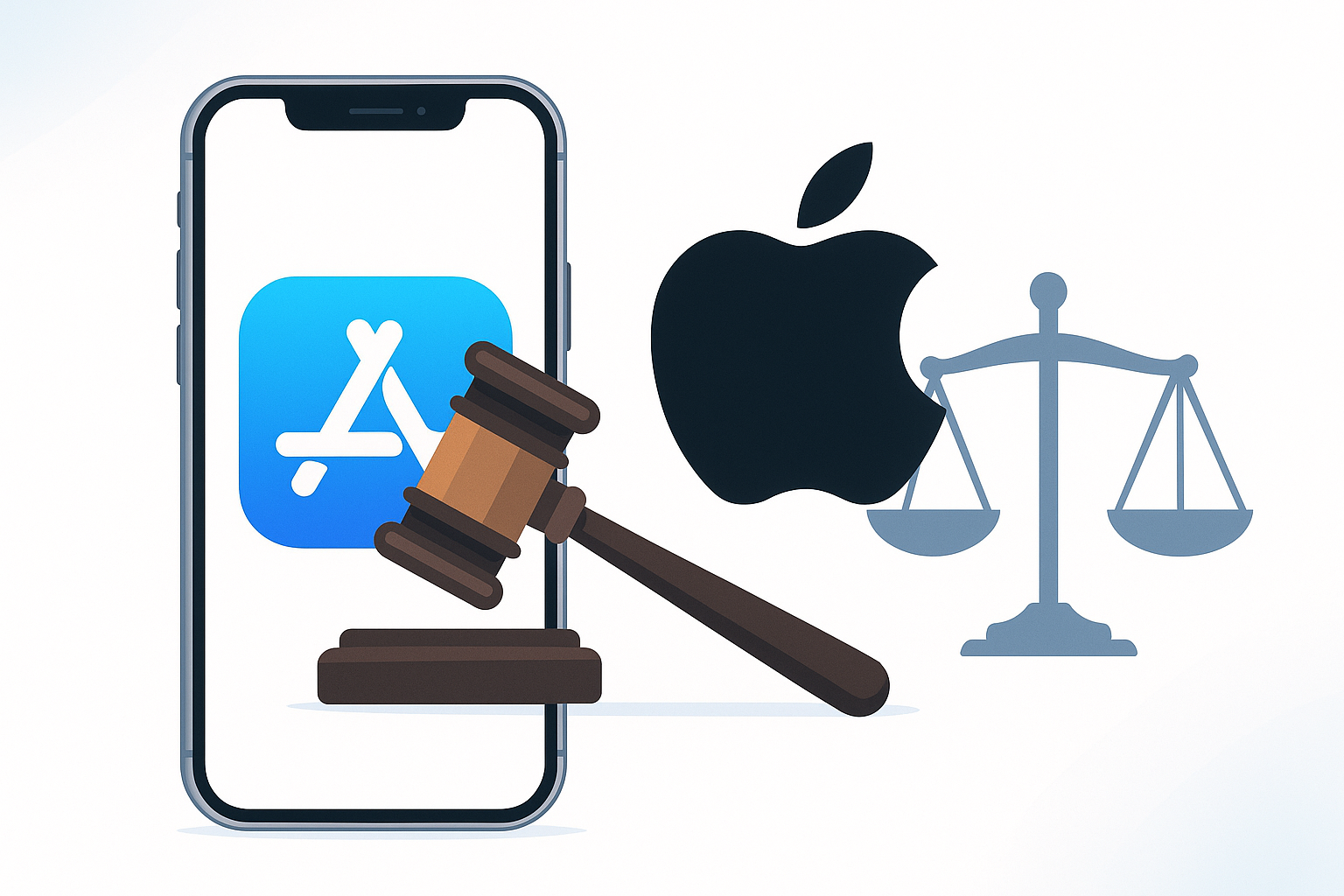Apple Appeals Judge's App Store Contempt Order
What happens when the world's most valuable company defies a court injunction? Apple now faces that precise dilemma after U.S. District Judge Yvonne Gonzalez Rogers found it in contempt for flouting an order in the Epic Games antitrust case. On 7 May 2025, the iPhone maker asked the 9th U.S. Circuit Court of Appeals to pause provisions that would force it to open its App Store to greater competition and ban its 27 per cent external-purchase fee. For gadget-minded professionals, this dispute highlights the shifting sands of App Store policy and its effects on daily tech use.
Understanding the Contempt Order
On 30 April, Judge Gonzalez Rogers ruled that Apple had willfully ignored a 2021 injunction designed to loosen its App Store restrictions. The order specifically:
Bans a 27 per cent fee on purchases completed outside the App Store.
Restricts where and how developers can place external-purchase links.
An injunction is a court order requiring a party to do-or refrain from doing-specific acts. In this case, it aimed to let developers steer users to potentially cheaper payment methods. The judge went further by referring Apple and a senior executive to federal prosecutors for possible criminal contempt, underlining the severity of the defiance.
Apple's Legal Response
In its 7 May filing, Apple argued that enforcing the contempt order would cause "irreparable harm" by stripping it of control over core business aspects . Key points in Apple's appeal include:
Business disruption: Pausing the order is essential before final adjudication.
User experience: Apple contends that unfettered external links could confuse or mislead customers.
Revenue control: The company says no court can force it to "give away free access" to its platform.
By seeking an immediate stay, Apple aims to maintain the status quo while it exhausts legal remedies. The appeal demonstrates the tech giant's willingness to aggressively defend its App Store policy even after a high-profile antitrust ruling.
Developer Impact in Practice
For many independent developers, the injunction promised new opportunities-yet enforcement has been rocky. On 5 May 2025, Pure Sweat Basketball filed a class-action suit in California federal court. It alleges Apple levied a 27 per cent fee on purchases completed outside the App Store, defying the 2021 injunction. The complaint represents up to 100,000 developers and estimates that Apple's conduct cost them "hundreds of millions or even billions" of dollars. It seeks disgorgement of these ill-gotten profits and damages, highlighting tension between court-ordered reforms and Apple's drive to protect its revenue streams during appeal.
Broader Implications for the App Economy
Beyond this single case, the outcome could reshape the digital marketplace. This antitrust ruling puts App Store policy under fresh scrutiny and may embolden regulators globally. Already, app developers have filed a class action alleging Apple's contempt cost them "hundreds of millions or even billions" in lost revenue. If Apple ultimately loses, we could see:
A surge in alternative app distribution on iOS.
Pressure on other gatekeepers (Google, Microsoft) to revisit their own fees.
Renewed debate over the balance between platform security and open competition.
These developments matter for every user: from the way you pay for your favourite apps to how developers fund future innovations.
Conclusion
Apple's bid to pause the contempt order underscores the stakes for both the company and the wider developer community. At issue is more than a procedural stay-it's a test of how much control Apple will cede over in-app commerce. As the appeal moves forward, developers and users alike should watch closely: will this antitrust ruling fracture the App Store's walled garden, or will Apple preserve its reigning ecosystem? What changes would you like to see in your daily tech experience?
Source: BBC

